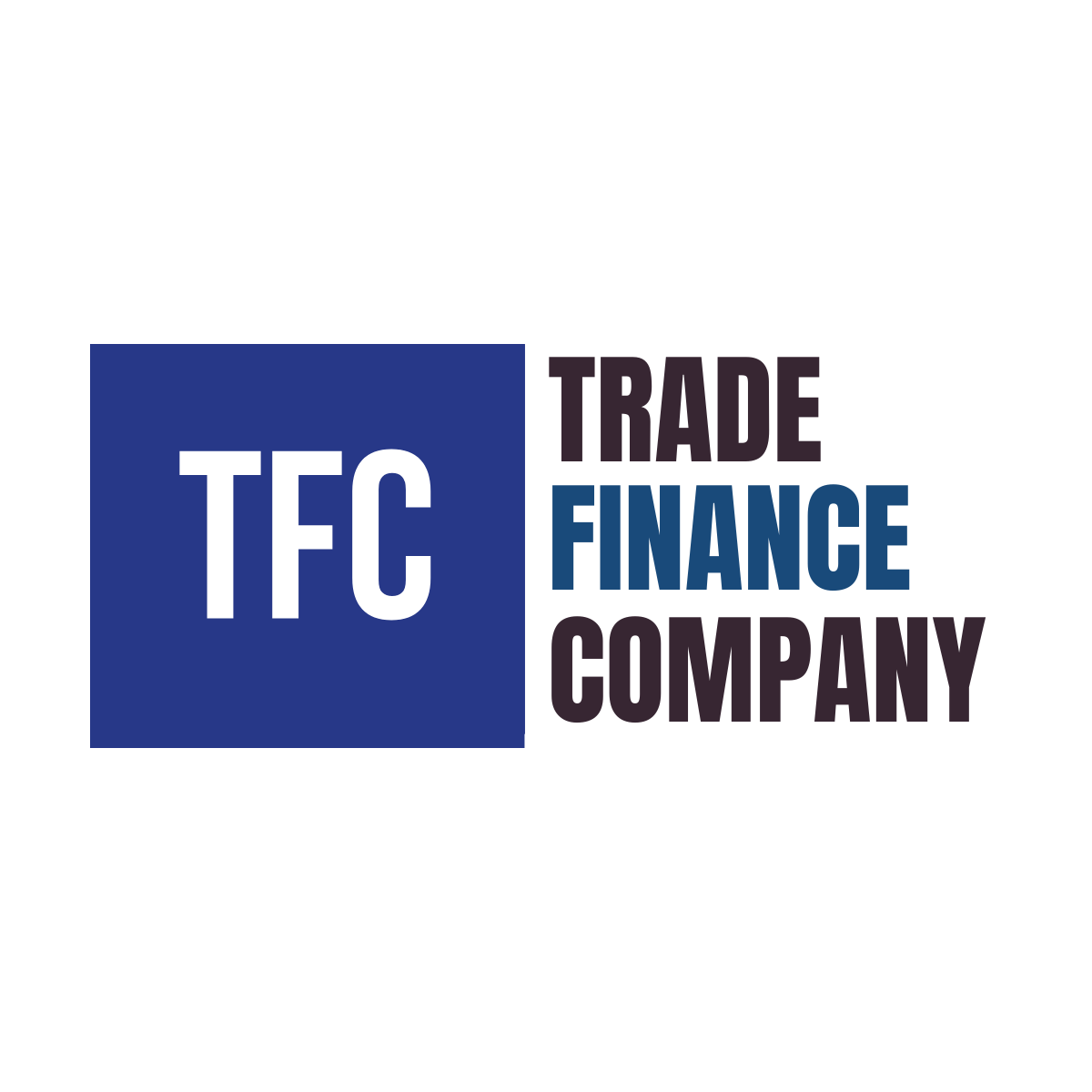Trade Finance Regulations: Understanding International Compliance
Navigating the trade finance regulations is crucial for businesses involved in international trade. Compliance ensures smooth transactions, mitigates risks, and builds trust in a globally connected market. This blog unpacks the critical aspects of trade finance regulations and offers a roadmap for ensuring adherence to international standards.
By reading this blog, you’ll gain clarity on essential trade finance regulations, learn how to avoid costly compliance pitfalls, and discover best practices for ensuring your business operates within the global regulatory framework.
Picture this: your business is on the brink of closing a lucrative international deal, but a small oversight in compliance stalls the entire process. This frustration can be avoided. Trade finance regulations may seem daunting, but they’re the backbone of safe and secure international trade. By mastering these regulations, you can protect your business, enhance efficiency, and build stronger relationships with partners worldwide.

“Compliance in trade finance isn’t just about avoiding penalties—it’s about creating a foundation of trust and reliability in global commerce.” – Sarah Blake, International Trade Expert

You’ll understand the key regulatory frameworks in trade finance, including how they impact transactions and practical steps your business can take to stay compliant.
Understand Key Regulations
Familiarizing yourself with critical regulations is essential for maintaining compliance in trade finance. Key areas to focus on include anti-money laundering (AML) laws, which prevent illegal financial activities, sanctions compliance to avoid engaging with restricted entities, and Know Your Customer (KYC) requirements to verify client identities. These regulations not only protect your business from legal penalties but also foster trust with financial institutions and trade partners.
Stay Updated
The regulatory environment in trade finance is dynamic, with frequent updates and changes to existing rules. Staying informed is crucial, and you can achieve this by subscribing to newsletters, attending webinars, and monitoring updates from trade finance authorities and global regulatory bodies like the Financial Action Task Force (FATF). Proactively tracking changes ensures your business adapts quickly to new requirements, avoiding potential compliance breaches.
Invest in Compliance Tools
Leveraging digital platforms can streamline your compliance processes and reduce the risk of errors. Tools for automating KYC processes, sanction screenings, and document verification save time and ensure thoroughness. Advanced software solutions also provide real-time alerts, helping you promptly address compliance risks and maintain operational efficiency.
Train Your Team
Well-trained staff play a critical role in maintaining regulatory compliance within your organization. Conduct regular training sessions to ensure employees are knowledgeable about compliance protocols, including how to identify and report suspicious activities. By fostering a culture of compliance, your team becomes more adept at mitigating risks and upholding industry standards.
Work with Experts
Collaborating with trade finance specialists and legal advisors can significantly enhance your compliance framework. Experts can provide in-depth insights, conduct thorough compliance checks, and offer tailored advice on navigating complex regulatory landscapes. Their expertise ensures your business stays compliant while optimizing trade finance operations.



